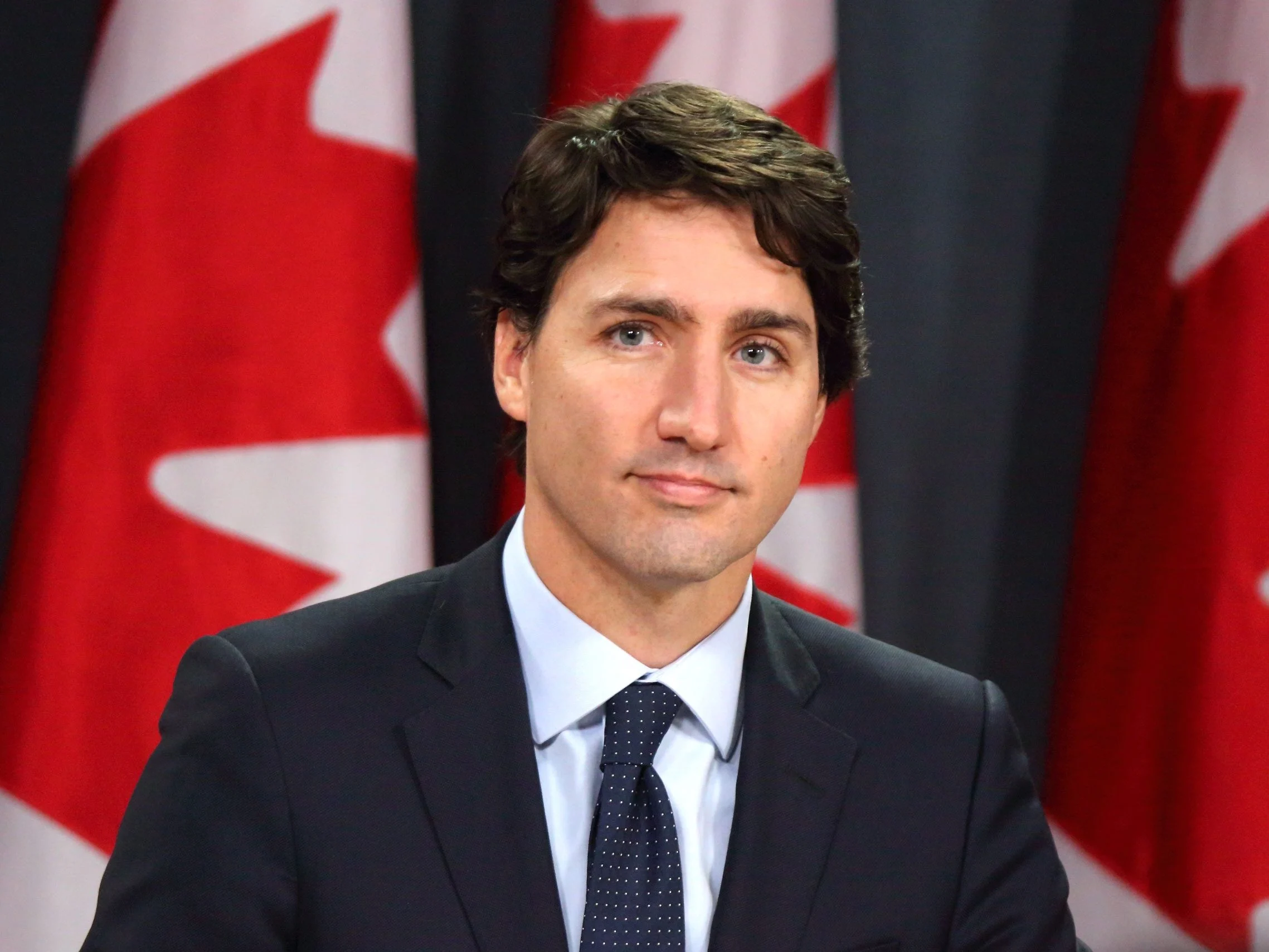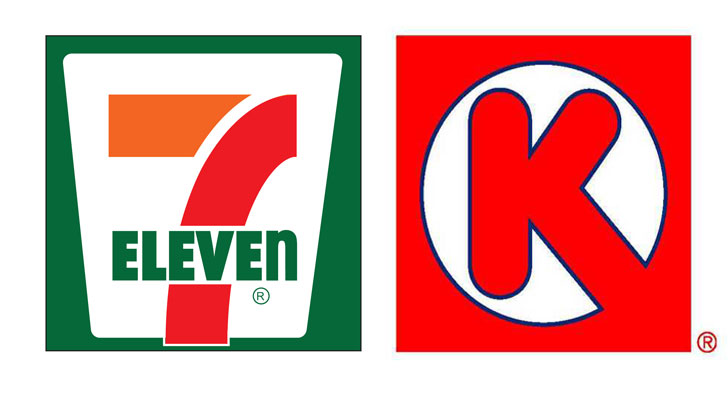Canadian Leaders Vow “Nothing Is Off the Table” in Response to Looming U.S. Tariffs
Canadian political leaders are doubling down on their commitment to defend the nation’s economic interests, declaring “nothing is off the table” in response to potential 25% tariffs from the United States. The tariffs, threatened by President-elect Donald Trump, are set to take effect just days after his inauguration on Monday.
Prime Minister Justin Trudeau convened a meeting with provincial and territorial premiers on Wednesday to discuss a unified strategy against the proposed tariffs. Following the discussions, Trudeau emphasized the need for a collaborative approach, stating, “We will stand up for Canada, we will protect Canadians,” while assuring support for industries likely to be hit hardest.
Energy Exports Divide “Team Canada”
Despite efforts for a united front, divisions emerged over whether Canada should leverage its energy exports as a countermeasure. Alberta Premier Danielle Smith, attending the meeting virtually, refused to endorse the joint statement and vowed to oppose federal policies that might impact her province’s energy sector. “We will take whatever actions are needed to protect the livelihoods of Albertans,” Smith stated on social media.
Other leaders, including premiers from Ontario, Quebec, and Newfoundland, remain open to using energy as a strategic bargaining tool. Newfoundland and Labrador Premier Andrew Furey likened energy to “Canada’s queen in this game of chess,” emphasizing its significance in potential retaliatory measures.
Canada supplies a substantial share of the energy consumed in the U.S., including crude oil, natural gas, and electricity, making it a critical player in any trade dispute.
Economic and Strategic Implications
The proposed tariffs, which Trump claims will protect U.S. jobs and boost tax revenue, could have far-reaching consequences. Analysts estimate that Canada’s GDP could shrink by 1.8% to 5.6%, depending on the scope of retaliation. Meanwhile, the U.S. economy would also feel the effects, with potential inflation and higher costs for consumers.
Canadian officials argue that such tariffs could undermine U.S. national security, given the reliance on Canadian energy and critical minerals. Trudeau stressed the importance of “smart” responses, balancing strategic action with the realities of a volatile U.S. administration.
Political Shifts Amid Trade Uncertainty
The looming tariff conflict coincides with significant political shifts in Canada. Trudeau has announced he will step down once the Liberal Party selects a new leader in March and will not run in the upcoming election, expected later this year.
As the trade dispute unfolds, it remains to be seen whether Canada’s leadership can navigate both external pressures and internal divisions to protect the nation’s economic future.



